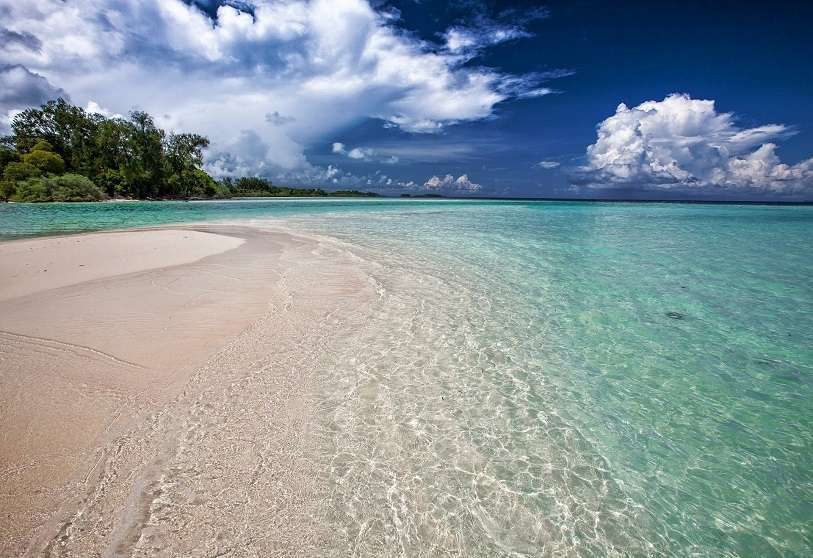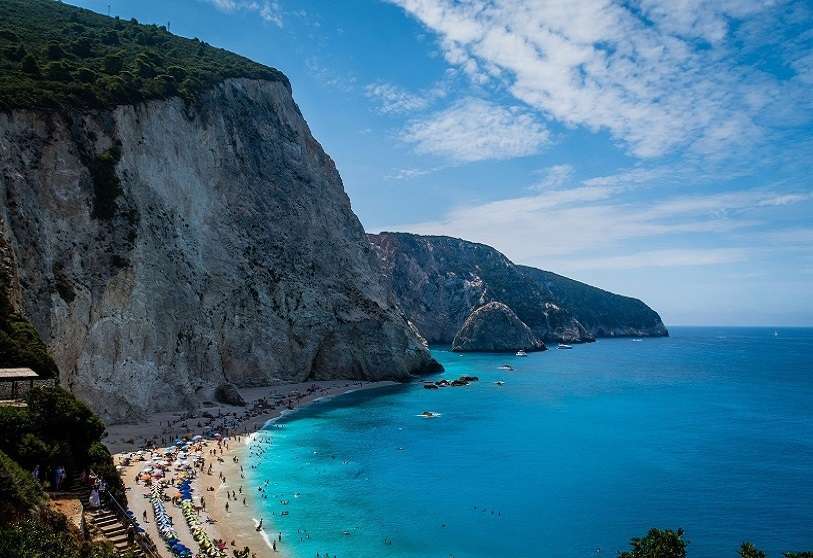The islands, aircraft carriers of Mediterranean tourism

The Mediterranean islands have experienced great development in recent years with the expansion of their tourism sector. Tourism integrates many positive elements, generates job opportunities, especially for young people and women, improves seasonal income, boosts the construction of infrastructure, develops technologies and services, and facilitates the cultural and social exchange that enriches both the traveller and the destination. However, there is a big difference between growth and the fair and consistent distribution of income, and today we know that "business as usual" is not the way to build a prosperous and sustainable future.
With COVID-19, islands have suffered billions of euros of losses in activity, both direct and indirect. The world has gone through a painful, heavy and costly phase in its long confrontation with the virus, and the battle continues. This is why we have an opportunity to reboot the sector and offer a new model of tourism post-COVID-19.
The present and future challenges, for the Mediterranean in general and its islands in particular, are to become a sustainable tourist destination and impose a shared responsibility based on the three pillars of sustainability: economic, environmental and social. The tourism of the future incorporates balanced and focused development objectives, and requires a change in the attitude of the entire value chain: destinations, companies and tourists.
The Mediterranean is the number one tourist destination, accounting for 30% of global revenue and 12% of regional GDP and a similar percentage of registered employment. Its islands now require vital support to facilitate their transformation towards a new, more resilient, green and blue model that strengthens local economies in a balanced and sustainable way. Islands must become the aircraft carrier of this new regional tourism.
Mediterranean islands must coordinate. They must work towards their common objectives and to tackle their common problems: climate change, profitability, seasonality, etc. A cooperation project for a coherent and efficient Mediterranean tourism market is needed. Consolidating a "Mediterranean Brand" and profitable tourism aligned with the Development Goals. Without a comprehensive plan to consolidate its leadership, recovery and long-term sustainability are at risk. We cannot compromise future needs because of poor strategy and management today.

Islands are special holiday destinations, they are in our culture and imagination, nowhere more so than in the Mediterranean in summer. But the impact of the current tourism model, such as marine litter on beaches, is particularly visible on islands. We must take advantage of the situation generated by the pandemic to rethink the model.
In the past, the tourism sector has demonstrated its ability to overcome crises and adapt to change, boost growth and create jobs, despite economic and geopolitical challenges, terrorism and natural disasters.
Mediterranean islands can emerge from the pandemic stronger and remain an engine of the economy. But governments and the private sector must work together to overcome the impact of the pandemic and this unprecedented social and economic crisis.
It is important to promote tourism in the Mediterranean islands. But it will require a strategy and instruments in which all stakeholders should be involved. National and regional policy makers must use new approaches to provide a solid response to help the sector recover.
Policy, regulatory and institutional frameworks with sufficient incentives are needed to stimulate the development of supply and productive capacity. A common strategy to ensure that the Mediterranean tourism sector becomes resilient, sustainable, inclusive and competitive.

Community-driven tourism also promotes responsible consumer behaviour by fostering deeper cultural exchange and understanding than traditional sun and beach tourism. The importance of visitor awareness should not be forgotten. Consumers are a powerful driver of change. Their voices and demands have the power to improve the economy and well-being.
The pandemic can be the turning point for the economies of the Mediterranean islands and from there, for the whole region. We know that we must halve greenhouse gas emissions. We are living in a Fourth Industrial Revolution, with new digital tools, which are a powerful accelerator of inclusion, competitiveness and cooperation that enhances sustainability. Since the global financial crisis of 2008, we know that we need to evolve. While historically, tourism has shown a great capacity to adapt, innovate and recover from adversity, this unprecedented situation requires new approaches, a strong response and partnership at several levels.
Ferdinand Braudel said that "the Mediterranean is not one landscape but innumerable landscapes. It is not one sea but a series of seas. The Mediterranean is a sea of islands and therefore attracts millions of visitors from all over the world. In the face of pandemics, economic uncertainty and the continuing challenge posed by climate change, we can face the challenges of the future for the long-term sustainability of Mediterranean islands.

